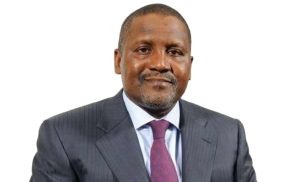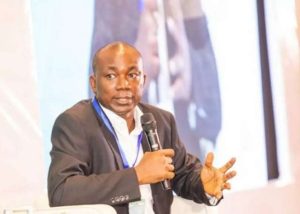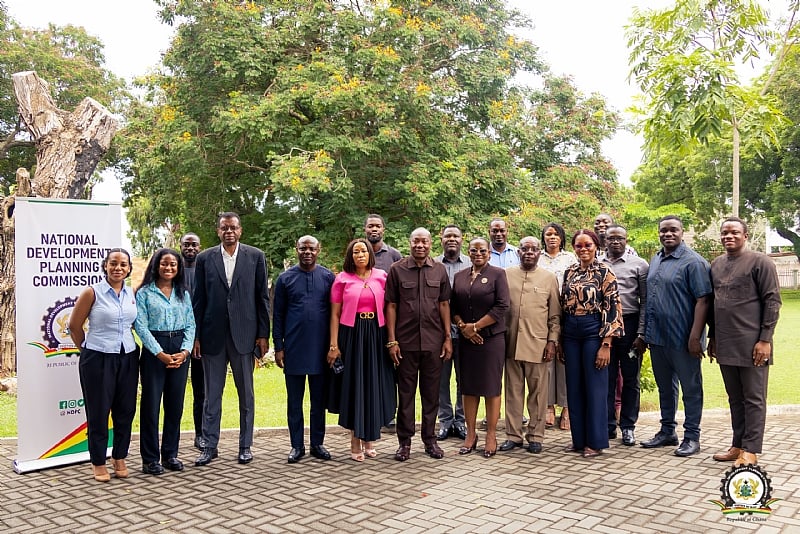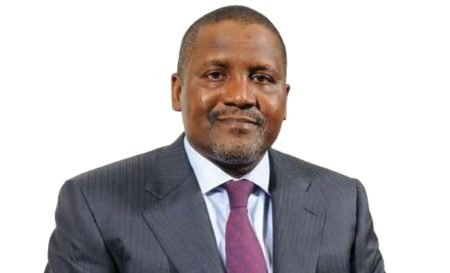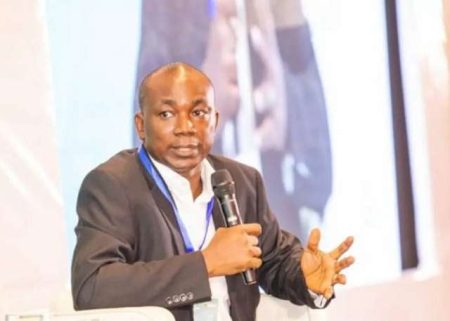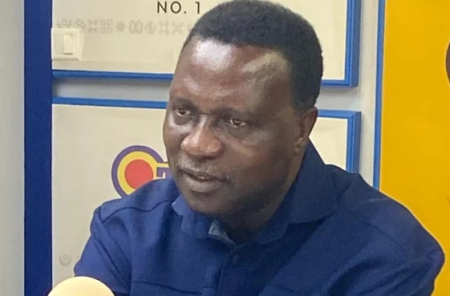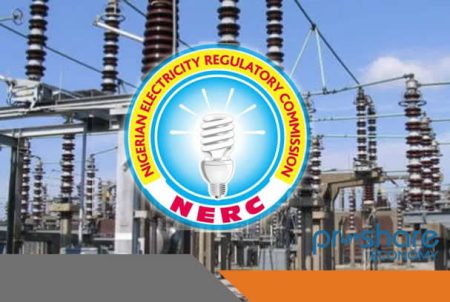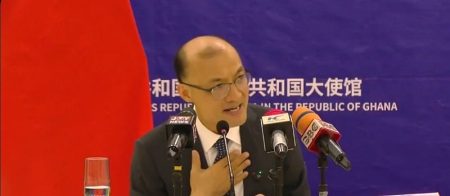The Minerals Commission of Ghana, spearheaded by its Chief Executive Officer, Mr. Martin Kwaku Ayisi, is embarking on a significant reform of the country’s mining sector. This initiative centers around a comprehensive review of the 2014 Mining Policy, with the ultimate goal of amending the Minerals and Mining Act, 2006 (Act 703) to better reflect the current realities and future aspirations of the industry. This endeavor underscores the Commission’s commitment to modernizing the regulatory framework governing mineral resource extraction and management, seeking to maximize benefits for national development while ensuring environmental sustainability and responsible mining practices. The proposed amendments aim to address existing gaps and challenges in the current legislation, paving the way for a more robust and effective mining sector.
A crucial step in this reform process was a high-level meeting held on June 19, 2025, between the Minerals Commission and the National Development Planning Commission (NDPC). This strategic engagement signifies the importance of aligning the mining sector’s development with the broader national development agenda. Mr. Ayisi, accompanied by a delegation of key stakeholders including the Commission’s Board Chairman, a Technical Advisor to the Minister of Lands and Natural Resources, the Deputy CEO, and a Former CEO leading the Review Committee, presented the Commission’s intentions and progress to the NDPC. The meeting provided a platform for both institutions to share perspectives, insights, and recommendations for the policy review process. The collaboration between these two vital governmental bodies underscores the importance of integrated planning and policy coherence for achieving sustainable development outcomes.
The NDPC, led by Director-General Dr. Audrey Smock Amoah, played a crucial advisory role in this collaborative effort. Recognizing the need for a cohesive and integrated approach to national development, Dr. Amoah and her technical team offered specific recommendations to the Minerals Commission’s Review Committee. They emphasized the importance of aligning the revised Mining Policy with the NDPC’s established policy guidelines, ensuring harmony and consistency with national development planning standards. This alignment aims to prevent policy conflicts, optimize resource allocation, and promote synergistic development across various sectors of the Ghanaian economy. The NDPC’s guidance highlights the importance of a holistic approach to policy formulation, ensuring that sector-specific policies contribute to the overarching national development goals.
Furthermore, the NDPC advocated for the incorporation of a Strategic Implementation Plan and a robust Monitoring and Evaluation (M&E) Framework within the revised Mining Policy. The Strategic Implementation Plan would provide a roadmap for translating policy objectives into concrete actions, outlining specific activities, timelines, and responsibilities for effective implementation. The M&E Framework would facilitate continuous monitoring of the policy’s impact, enabling timely adjustments and course correction based on evidence-based feedback. This emphasis on implementation and evaluation underscores the NDPC’s commitment to ensuring that policies translate into tangible outcomes on the ground, contributing to real progress towards national development objectives. These mechanisms will also provide valuable insights for future amendments and policy evolution, ensuring that the mining sector remains adaptable to changing circumstances and emerging challenges.
Mr. Ayisi, recognizing the value of the NDPC’s expertise and recommendations, readily embraced the suggestions. He formally requested that the NDPC submit detailed written proposals within two weeks for comprehensive consideration by the Review Committee. This proactive approach demonstrates the Minerals Commission’s commitment to incorporating expert advice and ensuring that the revised Mining Policy is well-informed and strategically aligned with national development priorities. The two-week timeframe emphasizes the urgency of the review process and the Commission’s dedication to expediting the reform of the mining sector.
In conclusion, the collaborative engagement between the Minerals Commission and the NDPC marks a significant step towards a more robust and effective mining sector in Ghana. The proposed amendments to the Minerals and Mining Act, guided by the NDPC’s recommendations, aim to create a more modern and adaptable regulatory framework that promotes sustainable development, maximizes national benefits, and ensures responsible mining practices. The incorporation of a Strategic Implementation Plan and an M&E Framework further strengthens the policy’s potential for impactful change, providing a roadmap for effective implementation and continuous improvement. This collaborative approach to policy reform underscores the importance of integrated planning and inter-agency cooperation in achieving national development goals. The ongoing review process reflects a commitment to continuous improvement and adaptability within the mining sector, ensuring that it remains a key driver of economic growth and sustainable development in Ghana.



